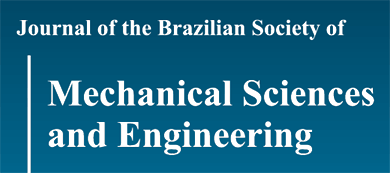Polynomial Chaos Expansion (PCE) is widely recognized as a flexible tool to represent different types of random variables/processes. However, applications to real, experimental data are still limited. In this article, PCE is used to represent the random time-evolution of metal corrosion growth in marine environments. The PCE coefficients are determined in order to represent data of 45 corrosion coupons tested by Jeffrey and Melchers (2001) at Taylors Beach, Australia. Accuracy of the representation and possibilities for model extrapolation are considered in the study. Results show that reasonably accurate smooth representations of the corrosion process can be obtained. The representation is not better because a smooth model is used to represent non-smooth corrosion data. Random corrosion leads to time-variant reliability problems, due to resistance degradation over time. Time variant reliability problems are not trivial to solve, especially under random process loading. Two example problems are solved herein, showing how the developed PCE representations can be employed in reliability analysis of structures subject to marine corrosion. Monte Carlo Simulation is used to solve the resulting time-variant reliability problems. However, an accurate and more computationally efficient solution is also presented.
metal corrosion; polynomial chaos; marine corrosion; structural reliability




















































